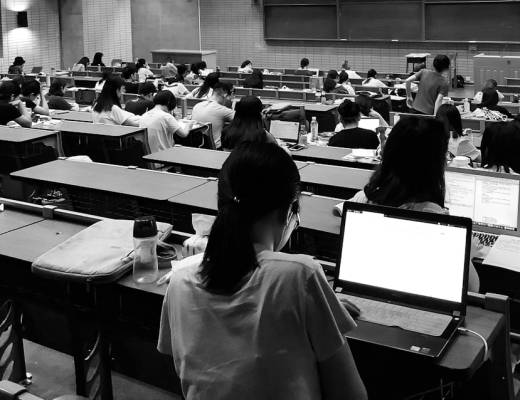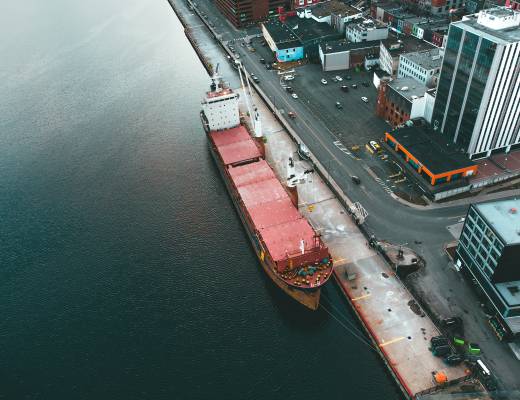American lawmakers are visiting South Korea and Japan to explore how the United States can leverage these allies’ shipbuilding capabilities to strengthen its own naval capacity, which currently falls far behind China’s.
Democratic Senators Tammy Duckworth of Illinois and Andy Kim of New Jersey are leading the diplomatic mission, which aims to address the growing
maritime power imbalance between the U.S. and China in the Indo-Pacific region.
The congressional visit comes at a time when U.S. naval production faces significant challenges while China continues to expand its maritime presence. The senators are examining potential partnerships that could help America rebuild its shipbuilding industry through knowledge transfer and possible joint ventures.
The Maritime Power Gap
China has established itself as the world’s leading shipbuilder, producing vessels at a rate that the United States cannot currently match. This disparity has created strategic concerns among American defense officials who view naval capacity as critical to maintaining influence in the Pacific.
South Korea and Japan, meanwhile, have maintained robust shipbuilding industries that are among the most advanced globally. These allies possess both the technical expertise and production capacity that could benefit American shipyards.
“The gap between U.S. and Chinese shipbuilding capabilities represents a national security challenge that requires immediate attention,” a source familiar with the delegation’s agenda stated.
The U.S. Navy has struggled with production delays and cost overruns in recent years, while China has rapidly expanded its fleet with new vessels built in its domestic shipyards.
Potential Areas for Collaboration
During their visit, Senators Duckworth and Kim are exploring several potential forms of cooperation:
- Technology transfer agreements that could bring advanced shipbuilding methods to American yards
- Joint production arrangements where components might be built in multiple countries
- Training programs for American workers to learn techniques from Korean and Japanese experts
- Investment opportunities for Asian shipbuilders to establish operations in the United States
South Korean shipbuilders, including Hyundai Heavy Industries and Samsung Heavy Industries, have expressed interest in expanding their international partnerships. Japanese firms like Mitsubishi Heavy Industries have similarly indicated openness to greater collaboration with American counterparts.
Strategic Implications
The diplomatic initiative reflects growing concern about China’s maritime ambitions and the need to strengthen alliances in the Indo-Pacific region. Beyond the immediate goal of improving shipbuilding capacity, the effort signals a broader strategy of economic and defense integration among democratic allies.
“This isn’t just about building ships—it’s about building alliances that can withstand economic and military pressure from authoritarian powers,” said a defense analyst tracking the developments.
The Biden administration has emphasized the importance of working with allies to address challenges posed by China, and this shipbuilding initiative aligns with that approach.
“We need to be smart about how we compete with China. That means leveraging the strengths of our allies rather than trying to do everything ourselves,” Senator Duckworth noted during a press briefing before departing for Asia.
Domestic Considerations
Any partnership with foreign shipbuilders will need to navigate complex domestic political considerations. American labor unions have historically resisted foreign involvement in U.S. shipbuilding, citing concerns about job losses and national security.
However, proponents argue that without such collaboration, the U.S. risks falling further behind China, ultimately threatening both economic interests and military readiness.
The lawmakers are expected to address these concerns by emphasizing how international partnerships could actually create more American jobs by revitalizing struggling shipyards and bringing new contracts to U.S. facilities.
The congressional delegation is scheduled to visit shipyards in both countries and meet with government officials and industry leaders before returning to Washington to brief colleagues on their findings.
As China continues to expand its naval presence throughout the South China Sea and beyond, the outcome of this diplomatic mission could shape U.S. maritime strategy for years to come.







